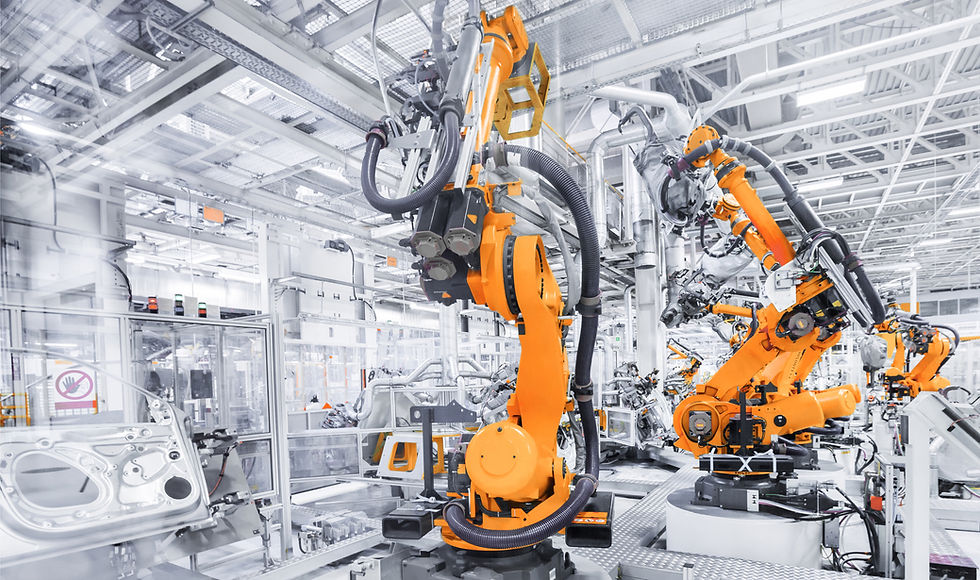EV Performance and Reliability: Addressing Australian Concerns
- Tim Bond

- Mar 14, 2025
- 3 min read
Updated: Mar 26, 2025
Many Aussie consumers remain hesitant to buy EVs due to concerns about EV performance and reliability. These apprehensions often revolve around speed, handling, battery longevity, and the overall dependability of EV technology. Let’s explore these issues and provide clarity based on the latest research and advancements.

Battery Longevity: A Common Concern
One of the most persistent worries among Australians is whether EV batteries can last long enough to justify the investment. Historically, concerns about rapid battery degradation fueled skepticism. However, recent studies have debunked these fears. Modern EV batteries degrade at an average rate of just 1.8% per year, meaning they retain approximately 64% of their original capacity after 20 years. For example, a Tesla Model Y Long Range can still deliver over 320 kilometres of range after two decades—sufficient for most urban and short-distance driving needs
Additionally, advancements in battery cooling systems have significantly improved longevity.
Actively cooled systems, like those found in Tesla models, outperform passive air-cooled systems such as those in older Nissan Leafs. These innovations ensure that batteries remain reliable even in Australia's harsh climate.

EV Performance and Reliability: Speed and Handling
Another concern is whether EVs can match or exceed the driving experience offered by traditional internal combustion engine (ICE) vehicles.
The answer is a resounding yes.
Electric cars are renowned for their instant torque delivery, which allows them to accelerate faster than most petrol or diesel cars. Models like the Tesla Model S Plaid can achieve 0-100 km/h in under two seconds, setting benchmarks for speed.
Handling is another area where EVs shine. With batteries located beneath the floor of the car, EVs have a lower centre of gravity, enhancing stability and cornering performance. This design feature makes them particularly appealing for drivers who value precision on winding roads or during high-speed manoeuvres.
What aspect of EV performance concerns you most?
0%Battery Longevity
0%Speed and Acceleration
0%Handling and Stability
0%Overall Reliability

Reliability Challenges: Growing Pains
Despite their impressive performance metrics, EVs are not without reliability challenges.
Studies indicate that EVs report 79% more reliability issues compared to ICE vehicles.
These problems often stem from newer technologies such as electric drive motors and complex software systems rather than traditional mechanical failures. Plug-in hybrids (PHEVs), which combine ICE and EV drivetrains, fare even worse due to their added complexity.
However, it’s important to note that reliability improves with each generation of EVs. Research shows that for every year of production, the likelihood of failure drops by 12%, far outpacing improvements seen in petrol or diesel vehicles.
Legacy automakers and startups alike are refining their designs to address these growing pains.
Resale Value Reassurance
For Australians worried about battery health over time, recent data offers reassurance.
Tests on used EVs with over 120,000 km on their odometers revealed that they retained more than 90% of their original battery capacity.
This durability not only reduces long-term maintenance costs but also boosts resale values—a critical factor for many buyers.
Moreover, manufacturers typically offer warranties of eight years or more on EV batteries, ensuring peace of mind for consumers. By following best practices such as maintaining a charge between 20% and 80% and avoiding extreme temperatures, owners can further extend battery life.
While concerns about EV performance and reliability persist among Australian consumers, advancements in technology are steadily addressing these issues.
Modern electric cars deliver exceptional speed and handling while offering batteries that outlast the vehicle itself. Although reliability challenges remain in newer models, continuous refinement is driving improvements year after year.
For anyone considering an EV purchase, understanding these developments can alleviate doubts and highlight the benefits of transitioning to cleaner transportation.




Comments